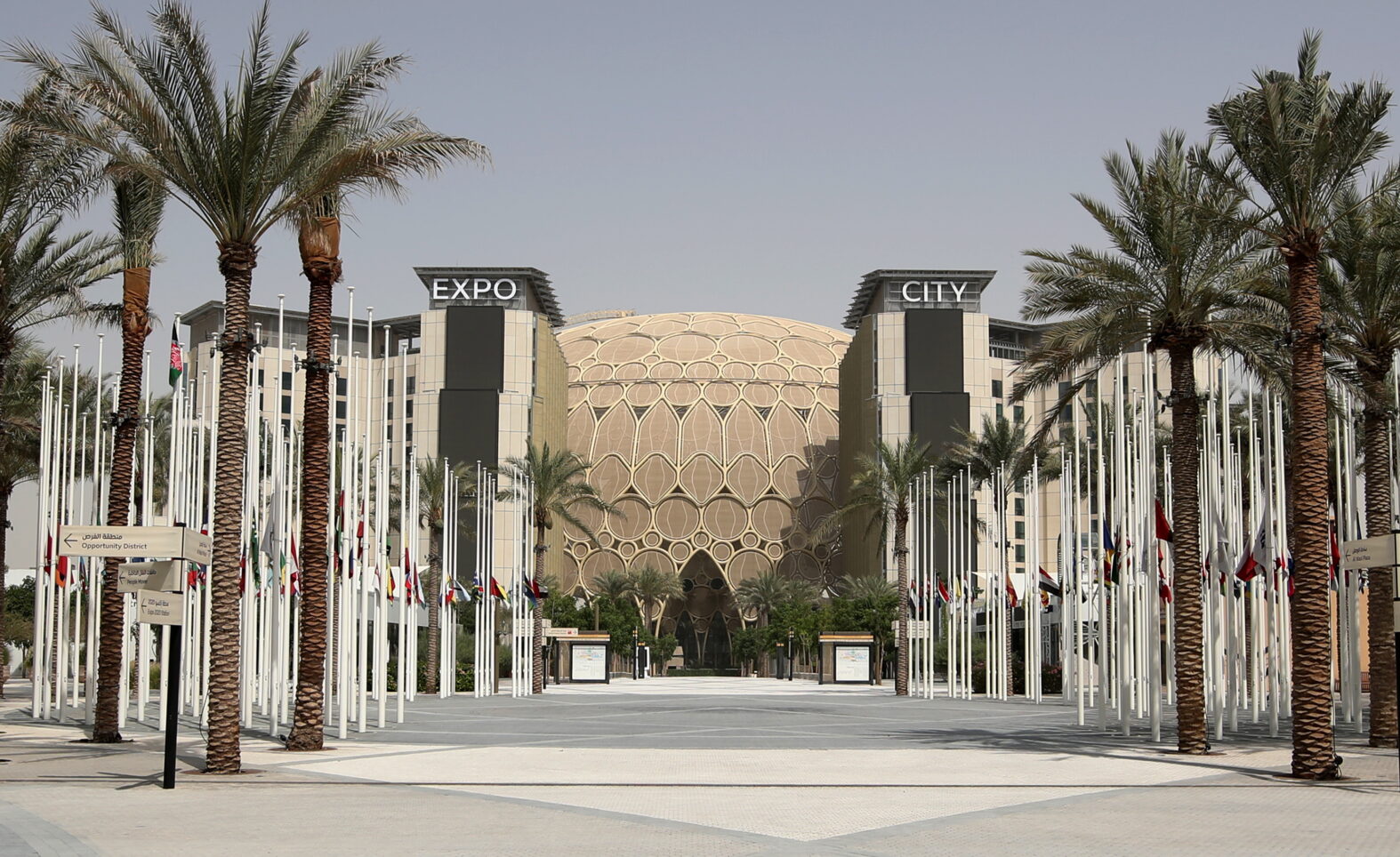Whyalla featured on hit documentary series Australian Story
In September 2018, the ABC’s hit documentary series Australian Story tracked ...

By uniting stakeholders from across the spectrum to accelerate solutions that limit warming, build resilience and mobilize finance, COP28 hosted in Dubai, from 30 November to 12 December, represents a significant step forward in the global response to climate change, reinforcing the importance of collective action — and everyone playing their part — in transitioning to a low-carbon future. We hear from Marian D’Auria – GFG’s Head of Risk & Sustainability, on the burning issues and dialogues at this year’s conference, and what our hopes and aspirations are.

COP (Conference of the Parties) is a series of United Nations climate change conferences, which have been running since 1995. The goal of these conferences is to review progress made by members of the United Nations Framework Convention on Climate Change (UNFCCC) to limit climate change.

A 1.5°C pathway is a plan to keep the average global temperature increase below that level. At COP21 in 2015, the world agreed to limit global warming to 1.5°C compared to pre-industrial levels by 2050. To remain on target, science tells us that emissions must be halved by 2030. We only have another seven years to meet that goal. COP28 UAE is a prime opportunity to rethink, reboot, and refocus the climate agenda.
A net-zero gain of greenhouse gases in the atmosphere would be achieved when annual greenhouse gas emissions are equal to the amount removed each year. The pathways to net zero, identified by the Intergovernmental Panel on Climate Change, involve both decarbonization and carbon removal.
Decarbonization is the reduction of carbon and other greenhouse gases in the atmosphere, achieved by reducing the use of high-carbon-emitting fossil fuels. Carbon removal solutions remove carbon from the atmosphere and store it over the long term.
Conference of the Parties (COP28) in Dubai, UAE, has arrived. The COPs are held each year and bring together leaders from across the world to agree how to address climate change.
COP28 in Dubai comes at a critical time. Climate impacts are being felt across the world in unprecedented wildfires, floods, storms and droughts. The UN’s global stocktake report Global Stocktake | UNFCCC released a couple of months ago, shows that much more must be done if we are to meet the goals of the Paris agreement and limit warming to well below 2 degrees.
So, COP28 presents a critical opportunity to put the world on a more sustainable path. We should all be following discussions at COP this year with interest because the outcome will affect our day to day lives. The impacts of climate change are not only about the physical impacts we’ll see around us – extreme weather, heat, rising sea-levels – but also the policy and market responses to climate change which impact regulation, as well as the price of goods and services.
What are the main themes this year?
One of the big things to look out for this year is the conclusion of the first Global Stocktake. This measures progress towards the Paris Agreement target of limiting warming to below 2 degrees. Scientists have shown that it is so important to slash emissions this decade if we are to have any chance of achieving this target, and so far the consensus is that we need to do more and do it faster. The 2023 IPCC report shows that projected Greenhouse Gas emissions in 2030 make it likely that warming will exceed 1.5 degrees during the 21st century and make it harder to limit warming to below 2 degrees. IPCC_AR6_SYR_SPM.pdf We have set our ambition of being carbon neutral by 2030 for this very reason. The requirements to reduce carbon emissions are urgent and can’t be put back to 2040’s or 2050’s – we need action now across industry, governments and finance.
Aside from progress on emissions, the other things that are likely to get attention are:

What should we be hoping for from COP28
What are we doing around COP28
Leaders from across our businesses will be participating in COP28. Read more about what we are doing at COP28 and at other events, here.
I look forward to reporting back in January on the discussion at COP28 and the potential impact for our industry, businesses and people.
Leave A Reply